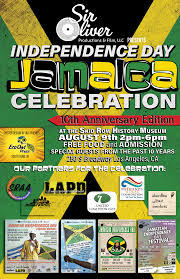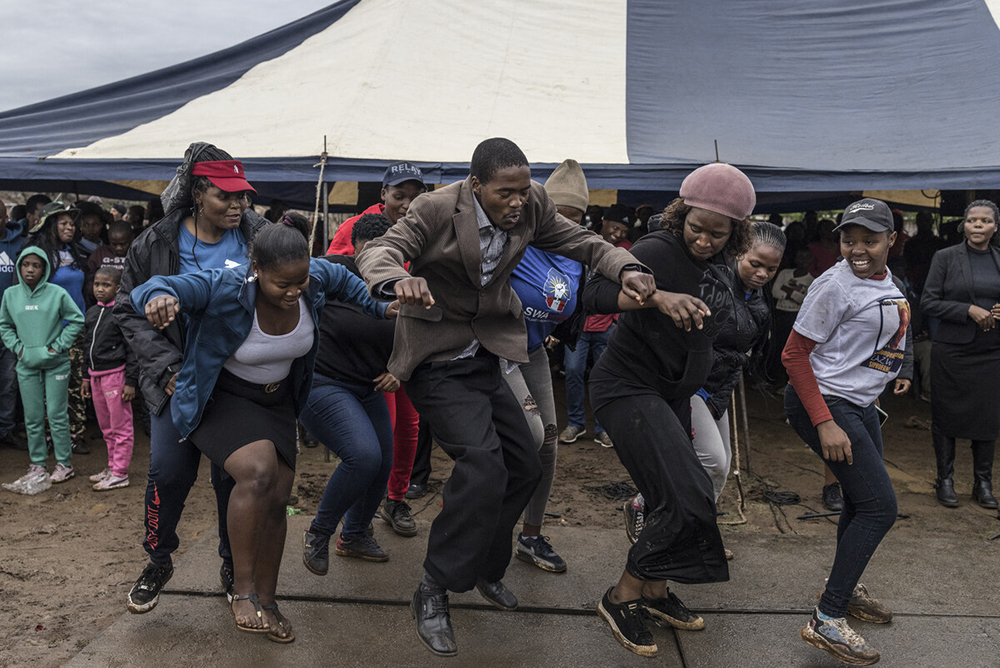Understanding Jamaican Independence Day: A Day of Freedom and Pride

Introduction
Jamaican Independence Day, celebrated annually on August 6th, marks a pivotal moment in the island nation’s history. In 1962, Jamaica gained its independence from British colonial rule, ushering in a new era of self-governance and national identity. This day not only commemorates freedom but also celebrates the rich cultural heritage and resilience of the Jamaican people.
Historical Background
Prior to gaining independence, Jamaica was a British colony for over 300 years. The push for independence gained momentum in the early 20th century, influenced by global movements advocating for decolonisation. On August 6, 1962, following a referendum where a majority voted in favour of independence, Jamaica officially became a sovereign nation. The first Prime Minister of Jamaica, Sir Alexander Bustamante, led the celebration of this monumental achievement.
Modern Celebrations
Jamaican Independence Day is observed with a variety of festivities across the country and among Jamaican communities worldwide. The day typically begins with a ceremonial flag-raising event, accompanied by the singing of the national anthem. Parades showcasing traditional music and dance, such as reggae and folk music performances, fill the streets, while cultural events highlight Jamaican art, food, and history.
In Kingston, the capital city, grand celebrations often take place at the National Heroes Park, where public figures and citizens gather to reflect on their nation’s journey and to honour past leaders and heroes. The festivities also serve to educate younger generations about their history and the significance of independence.
Significance and Global Recognition
Jamaican Independence Day holds great significance, not just for the nation itself, but also for the African diaspora and those who admire Jamaica’s contributions to culture, music, and social movements globally. The day serves as a reminder of the struggles faced by nations seeking self-determination and the importance of cultural pride. It is a time for Jamaicans everywhere to rekindle their connection with their roots and celebrate their achievements.
Conclusion
As Jamaica continues to face modern challenges, the spirit of independence remains a source of motivation and pride for its citizens. The observance of Jamaican Independence Day serves as an annual opportunity for reflection and celebration. For readers interested in Jamaican culture or planning to experience the festivities, this day offers a unique glimpse into the heart of the nation and its enduring spirit, making it an important occasion not just for Jamaicans, but for all who appreciate the values of freedom and resilience.
You may also like

Understanding National Events and Their Significance

Discovering the Beauty and Culture of Norway
